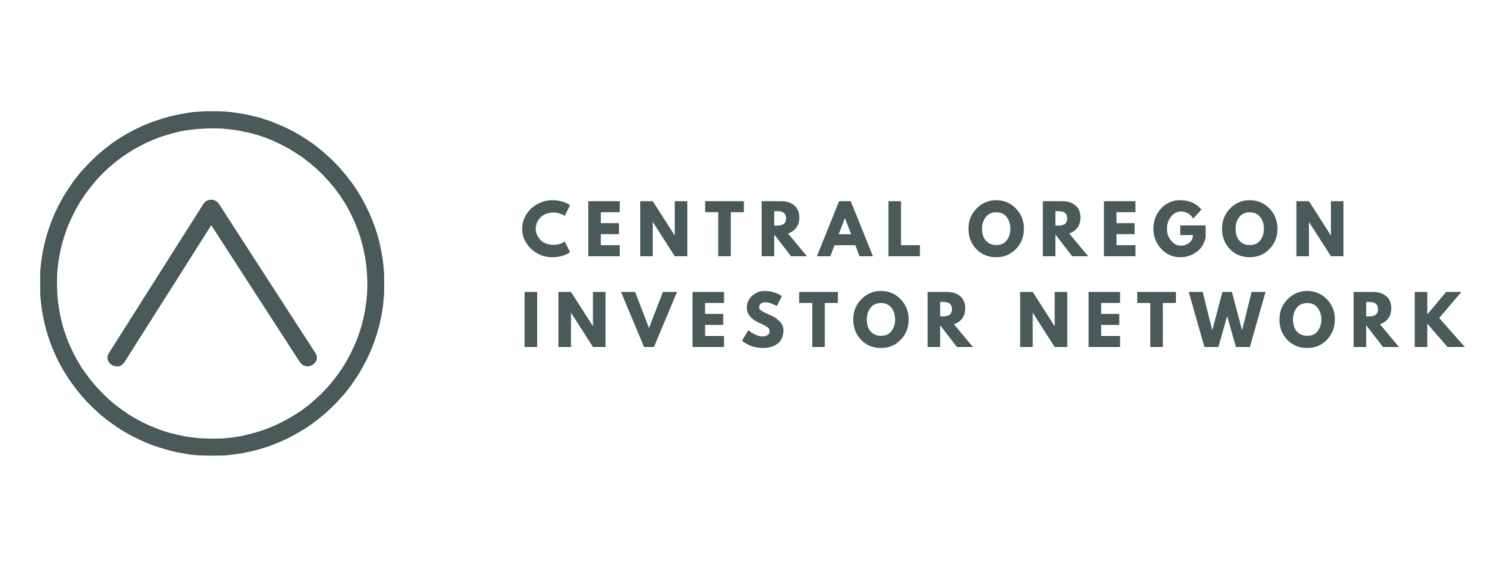Homebuying Options for the Self-Employed: Navigating the Path to Ownership
Being self-employed comes with its own set of perks and challenges, and one of those challenges can be securing a mortgage to buy a home. Traditional lenders often require a stable income and a traditional employment history, which can make the process a bit more complex for self-employed individuals. However, don't be discouraged—homeownership is still within reach. In this blog post, we'll explore several options and strategies for self-employed individuals to realize their dream of buying a home.
1. Traditional Mortgage
While traditional mortgages may have stricter requirements for self-employed individuals, they are still a viable option. Here's what you can do to improve your chances:
Strong Credit Score: Maintain a healthy credit score to demonstrate your financial responsibility.
Tax Returns: Prepare clear and accurate tax returns for the past two to three years, as lenders often scrutinize your income through tax documents.
Stable Income: Show a consistent income stream, even if it fluctuates from year to year.
Large Down Payment: A larger down payment can help offset the lender's perception of risk.
2. Bank Statement Loans
These loans are designed specifically for self-employed individuals who may not have traditional income documentation. Instead of tax returns, you provide bank statements to demonstrate your income. Expect higher interest rates and stricter requirements, but it can be a good option for those with irregular income.
3. DSCR Loans
Debt Service Coverage Ratio: Think of DSCR as a financial check-up for the property. It's a number that shows how easily the rental income can cover the loan payments (including interest and principal). The higher the DSCR, the better, because it means the property has a strong ability to pay its own bills.
Net Operating Income (NOI): This is the money left over after you subtract all the property's expenses (like repairs, taxes, and insurance) from the rental income. It's like the property's "profit" before you pay the loan.
DSCR Calculation: Divide the NOI by the total loan payment. For example, if the NOI is $1,000 and the loan payment is $500, the DSCR would be 2. This means the property's income can cover the loan payment twice over, which is generally considered good.
Benefits of DSCR loans:
Qualify without relying on your income: Perfect for investors with low or no income, or those who want to keep their personal finances separate from their investments.
Focus on property's potential: The loan is based on the property's ability to generate income, not just your financial history.
Unlock investment opportunities: Opens doors to properties that might not be accessible with traditional mortgages.
Things to keep in mind:
DSCR requirements vary: Lenders typically look for a DSCR of 1.25 or higher, but this can vary depending on the lender and the property.
Higher interest rates: Compared to traditional mortgages, DSCR loans may have slightly higher interest rates due to the added risk for the lender.
Not for everyone: DSCR loans are best suited for experienced investors who understand the risks and can manage their properties effectively.
4. FHA Loans
Federal Housing Administration (FHA) loans are government-backed mortgages that offer more lenient requirements for credit scores and down payments. Self-employed individuals can qualify for an FHA loan if they meet the income and credit criteria.
5. VA Loans
If you're a veteran or active-duty service member, VA loans can be an excellent option. They often have more relaxed requirements and may not require as much documentation of income stability.
6. Portfolio Loans
Some local banks or credit unions offer portfolio loans, which they keep in-house rather than selling to investors. This can allow for more flexible lending criteria and a personalized approach to your situation.
How to Improve Your Financial Profile
To increase your chances of getting approved for a mortgage:
Pay Down Debt: Reducing your existing debt can improve your debt-to-income ratio, making you a more attractive borrower.
Increase Income: Show higher income by taking on more projects, clients, or diversifying your income streams.
Document Your Income: Maintain organized and accurate records of your income, business expenses, and tax returns.
Co-Signer or Joint Application
Consider involving a co-signer or applying jointly with a spouse or partner who has a more stable income and employment history.
Save for a Larger Down Payment
A larger down payment can mitigate some of the risks perceived by lenders, making it easier to secure a mortgage.
Consult a Mortgage Broker
Mortgage brokers have access to a wide range of lending options and can help match you with a lender that is more likely to approve your application based on your specific circumstances.
Conclusion
Securing a mortgage when you're self-employed may require a bit more effort and creativity, but it's entirely possible. Be proactive in preparing your financial documentation, improving your credit score, and exploring various loan options. Don't hesitate to seek guidance from professionals, such as mortgage brokers, to navigate the process successfully. With determination and the right approach, you can make homeownership a reality, even as a self-employed individual.
